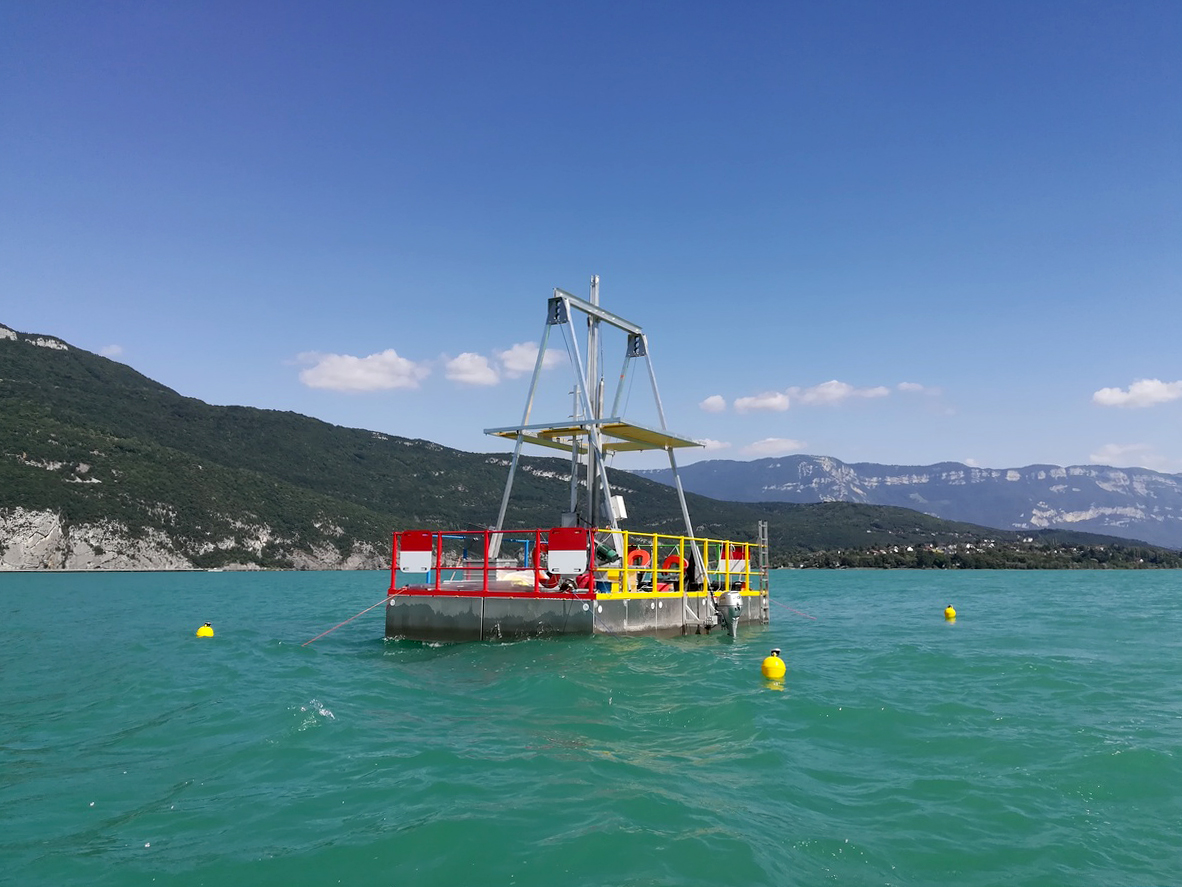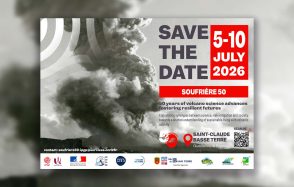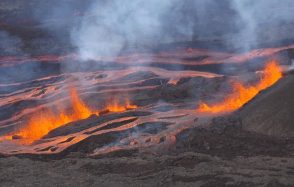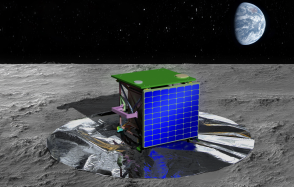Soil erosion in mountain environments accelerated by agro-pastoral activities for 3,800 years
Over the last 3,800 years, agro-pastoral activities have accelerated alpine soil erosion at a pace 4-10 times faster than their natural formation.
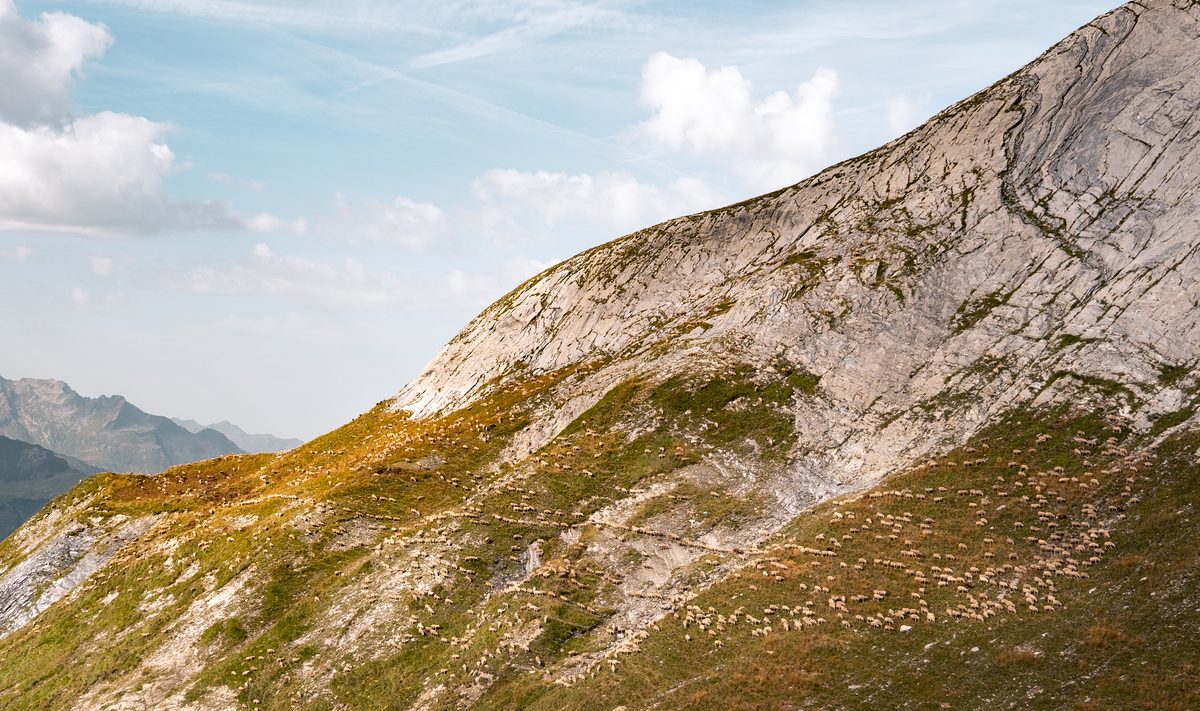
Pastoralism in the Alps. At a time when soil erosion threatens our societies by impacting biodiversity, carbon dioxide storage, and food production capacity, it is crucial to study and quantify its causes. © Julia GARAGNON / LSCE / CNRS Images
Latest news





